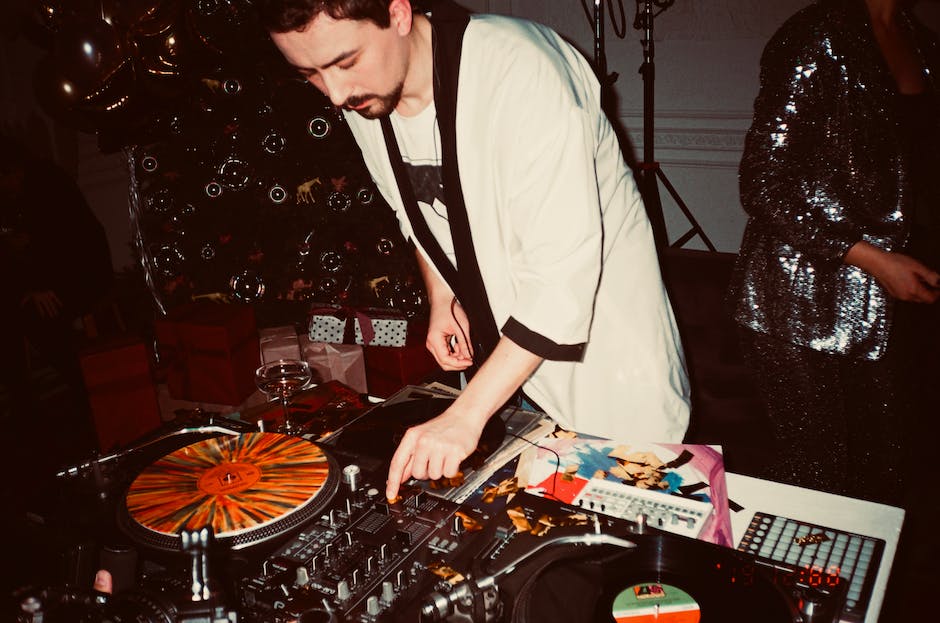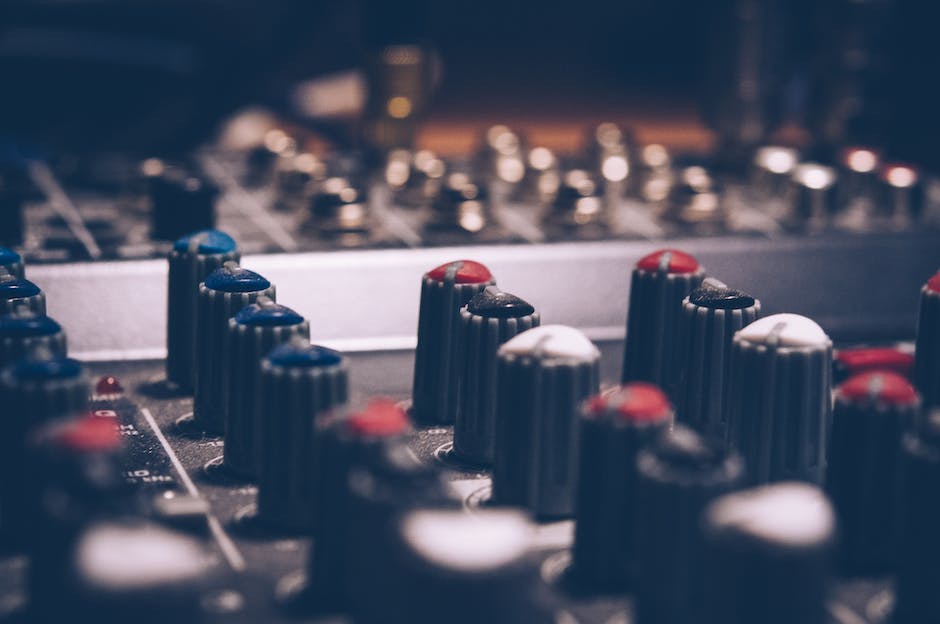When it comes to laptops for music production, there are a few things to consider. First, what is your budget? Second, what type of music do you produce? Third, what is your level of experience?
If you’re just starting out, we recommend looking for a laptop that is versatile and user-friendly. Many music production software programs are designed for Macs, so if you’re a PC user, you’ll want to make sure the laptop you choose is compatible with your chosen software.
As far as budget is concerned, you’ll want to set aside at least $1000 for a decent laptop for music production. If you’re looking for a top-of-the-line machine, you could be looking at upwards of $2000. But if you’re on a tight budget, there are still some great options out there.
The MacBook Air is a great option for music production on a budget. It’s lightweight and portable, yet still powerful enough to handle most music production tasks. It’s also compatible with most music production software.
If you’re looking for a Windows-based laptop, the Dell XPS 13 is a great choice. It has a fast processor and plenty of RAM, making it ideal for music production
The best laptops for music production on a budget are the Apple MacBook Air and the Microsoft Surface Pro 4.
What kind of laptop do I need for music production?
In this guide, we will be discussing three popular laptop models- the Apple MacBook Pro 14-inch (2021), the Apple MacBook Air (M1 2020), and the Asus ROG Strix Scar 15 (2022). We will be comparing and contrasting their specs and features in order to help you make a decision on which laptop is the best fit for you.
There are a few things to consider when choosing a budget laptop for music production. First, consider the type of music you want to produce. If you’re looking to produce complex, layered tracks, you’ll need a laptop with a good CPU and plenty of RAM. If you’re mostly interested in beats and loops, you can get away with a less powerful machine. Second, think about the software you’ll be using. Some music production software is very resource-intensive, so you’ll need a powerful laptop to run it smoothly. Third, consider your budget. How much can you realistically afford to spend on a laptop? Once you’ve considered these factors, you can start looking at specific laptops. Some of the best budget options for music production include the Acer Aspire E 15, the Asus VivoBook F510UA, and the Dell Inspiron 15 5000.
Are gaming laptops good for music production
Yes, gaming laptops are good for music production as they can handle heavy workloads easily. They also have better RAM and processing power as compared to most laptops.
There is no definitive answer when it comes to how much RAM you need for music production. It really depends on your specific needs and workflow. However, 8 GB is generally plenty for the majority of music production processing. 16 or 32 GB can help if you plan to work with large sample libraries that are needed to emulate acoustic instruments realistically. But, before you pay steep prices to max out your computer’s RAM, think twice and consider your specific needs.
How much RAM do you need as a music producer?
16 GB of RAM is the recommended minimum for music production and audio engineering, to ensure headroom for all relevant applications. As you go up in the performance of your CPU, you can jump up to 32 GB or 64 GB of RAM for a top-end system.
If you are an electronic music producer that only uses software synthesizers, drum samples and loops, lots of RAM isn’t really necessary. Your DAW and a couple of software synths will probably not even use more than 3GB or 4GB of RAM. But if you are building a new computer now, I would recommend getting 2x 16GB.
Do you need a strong PC to make music?
A processor is one of the most important factors in determining the overall performance of a PC or laptop. A fast processor can make a big difference in rendering and exporting tracks quickly, and will keep pace with live performances. Ideally, you’ll want a quad-core (i5 or i7) processor with a high clock speed that is no lower than 24Ghz.
FL Studio is a music production software that is heavy on resources. Having more RAM will allow you to run bigger and heavier projects on the software. 4GB RAM is the minimum amount of RAM you need for FL Studio, but having more RAM will allow you to take advantage of the software’s full potential.
Do you need 16GB of RAM for music production
8GB of RAM may be enough for some audio projects that don’t involve a lot of heavy lifting, but for larger projects or for running multiple applications at once, 16GB is the optimal choice. If you’re looking for smooth performance without any hiccups, 16GB is the way to go.
A lot of people think that RAM is more important for music production than CPU. However, this is not the case. CPU is actually far more important in music production than RAM. This is because a lot of the processing in music production is done by the CPU.
RAM is important, but you can upgrade it later down the line if you need to. However, when it comes to CPU, you can’t upgrade or add a new processor down the line. So, if you’re looking to build a music production rig, make sure to get a good CPU.
What specs do I need for music production?
Your music production PC will need a quad-core / 24Ghz clock speed processor at a minimum. Anything less than 8GB of RAM will not be efficient, so try to get at least 16GB. 500GB of storage is the bare minimum (SSD is preferable), but 1TB will be more cost-effective in the long run. Make sure your motherboard is compatible with all of your components and that it has enough USB inputs.
The answer to whether you should buy 64GB or 128GB RAM for music production depends on your needs. If you are just starting out, 32GB ram should be plenty. However, if you are working with large sample libraries or other complex audio assets and plan on expanding, 64GB or more is recommended to ensure optimal performance.
How much SSD should I get for music production
A 500 GB solid-state drive (SSD) is the storage space you need to make music without hiccups. Your operating system, the best music production software, plug-ins, and a good sample collection can all fit on this amount of space.
A quad-core processor is the best choice for music production as it offers the best performance in terms of processing power and speed. The other measure is clock speed, which typically runs from about 24 to 42 GHz. The faster the clock speed, the better the performance of the processor.
Is 8GB RAM enough music production?
8 GB of RAM is definitely enough for any music production software out there. Actually, you could get away with 4 GB, but 8 GB is recommended. If you’re just starting out, you won’t need more than this. This amount of RAM will let you record up to 25 pieces of music with multiple virtual instruments and plug-ins.
If you plan on doing a lot of audio production work, then you’ll need a processor that can handle the load. An i7 is a great option for 100-120 tracks. However, if you only plan on doing a few tracks, then an i5 will probably suffice. Just be sure to get enough RAM (16-32 GB) to support the number of plugins and virtual instruments you plan on using.
Final Words
The best laptops for music production on a budget are the MacBook Air and the Dell XPS 13.
If you’re looking for the best laptops for music production on a budget, then you should definitely check out the options from Acer, Asus, and Lenovo. These three brands offer some of the best laptops for music production, and they’re all very competitively priced. So, if you’re looking for a great laptop for music production, then you should definitely consider one of these three brands.


